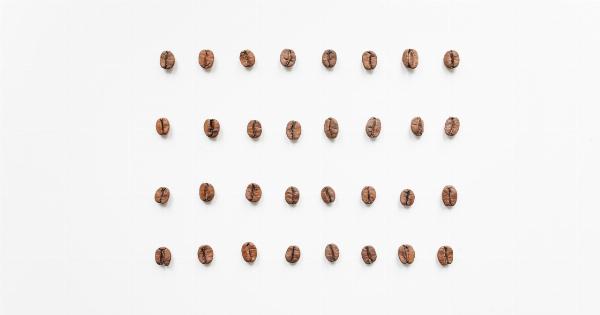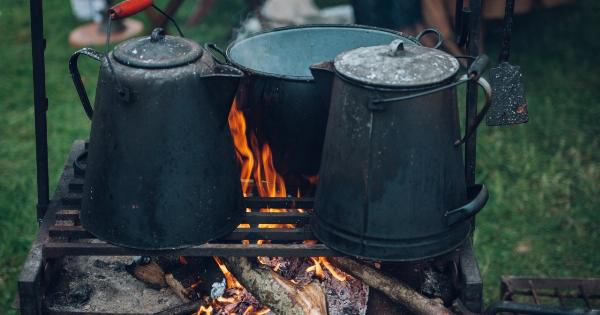Eating high-fat meals regularly has been linked to a wide range of health issues including obesity, heart disease, and liver damage. One of the organs that are most affected by high-fat diets is the liver.
In this article, we will be exploring the impact of high-fat meals on the liver in detail. You will also learn how you can make healthier choices to protect your liver.
Understanding Fatty Liver Disease
Fatty liver disease is a condition characterized by the accumulation of fat in the liver cells. This condition can be caused by several factors including obesity, alcohol abuse, and high-fat diets.
When the liver cells are filled with fat, they become enlarged and can impair the liver’s ability to function properly.
There are two types of fatty liver disease: alcoholic and nonalcoholic fatty liver disease (NAFLD). As the name suggests, alcoholic fatty liver disease is caused by excessive alcohol intake.
On the other hand, NAFLD is associated with metabolic disorders such as obesity, insulin resistance, and high blood sugar levels.
The Role of High-Fat Foods in Fatty Liver Disease
High-fat meals can cause an increase in the accumulation of fat in the liver cells. Consuming a high-fat diet over time can cause inflammation and scarring in the liver, which can lead to serious health conditions like cirrhosis and liver cancer.
When we consume high-fat meals, our liver produces more bile to help digest the fat. Bile is a substance produced by the liver that helps in breaking down and absorbing fat.
However, when we eat a high-fat meal, our liver produces more bile than necessary. This surplus bile can cause liver damage by reacting with the fat and cholesterol in our body, leading to a buildup of fat in the liver cells.
High-Fat Foods to Avoid
To protect your liver and prevent the development of fatty liver disease, it is important to avoid or limit your intake of high-fat foods. The following are some of the high-fat foods you should avoid:.
Fast Food
Most fast foods are high in calories, unhealthy fats, and sugar. A single serving of fast food can contain more calories than what you should consume in an entire day.
Fatty foods like burgers, fried chicken, and French fries are common in most fast-food restaurants.
Processed Foods
Processed foods are often high in unhealthy fats, calories, and sugar. As the name suggests, processed foods are foods that are heavily processed and are usually ready-to-eat. Examples include cookies, chips, candy, and sugary drinks.
Fatty Meat
Meat is an excellent source of protein, but certain types of meat are high in unhealthy fats. Examples include lamb, pork, ribs, and sausage. These types of meat should be avoided or limited if you want to protect your liver.
Healthier Choices for Your Liver
There are many healthier food choices that you can make to protect your liver and prevent fatty liver disease. The following are some of the healthiest foods that you can include in your diet:.
Fruits and Vegetables
Fruits and vegetables are loaded with vitamins, minerals, and fiber that are essential for your body. They also contain antioxidants that help combat inflammation and oxidative stress in the liver.
Examples include apples, oranges, avocado, leafy greens, broccoli, and carrots.
Whole Grains
Whole grains are an excellent source of fiber, vitamins, and minerals. They are also low in fat and calories, making them an ideal choice for your liver. Examples include brown rice, quinoa, and whole wheat bread.
Lean Protein
Lean protein sources like fish and chicken are excellent choices for your liver. They provide the necessary protein without the unhealthy fats found in fatty meats.
The Bottom Line
High-fat meals can put a strain on your liver and increase the risk of developing fatty liver disease. To protect your liver, it is essential to avoid or limit your intake of high-fat foods.
You should also make healthier food choices like consuming fruits and vegetables, whole grains, and lean proteins. By making these small changes to your diet, you can protect your liver and improve your overall health.





























